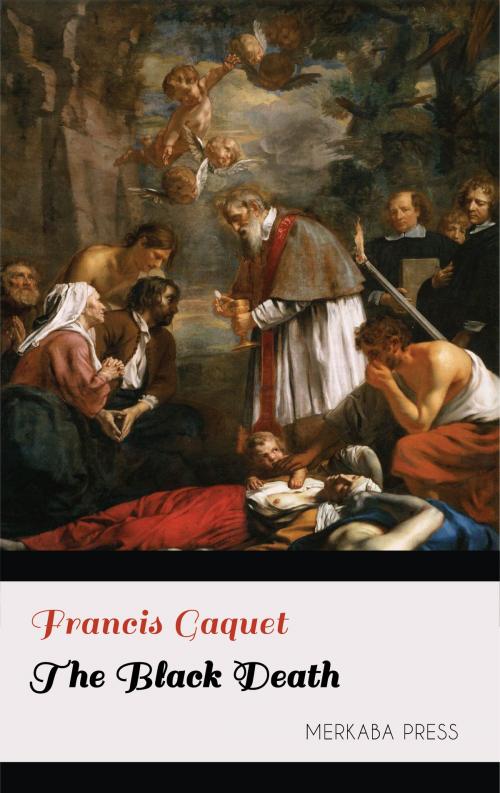| Author: | Francis Gaquet | ISBN: | 6610000019953 |
| Publisher: | PublishDrive | Publication: | July 11, 2017 |
| Imprint: | Merkaba Press | Language: | English |
| Author: | Francis Gaquet |
| ISBN: | 6610000019953 |
| Publisher: | PublishDrive |
| Publication: | July 11, 2017 |
| Imprint: | Merkaba Press |
| Language: | English |
The story of the Great Pestilence of 1348–9 has never been fully told. In fact, until comparatively recent times, little attention was paid to an event which, nevertheless, whether viewed in the magnitude of the catastrophe, or in regard to its far-reaching results, is certainly one of the most important in the history of our country.
Judged by the ordinary manuals, the middle of the fourteenth century appears as the time of England’s greatest glory. Edward III. was at the very height of his renown. The crushing defeat of France at Crecy, in 1346, followed the next year by the taking of Calais, had raised him to the height of his fame. When, wearing the laurels of the most brilliant victory of the age, he landed at Sandwich, on October 14th, 1347, the country, or at least the English courtiers, seemed intoxicated by the success of his arms. “A new sun,” says the chronicler Walsingham, “seemed to have arisen over the people, in the perfect peace, in the plenty of all things, and in the glory of such victories. There was hardly a woman of any name who did not possess spoils of Caen, Calais and other French towns across the sea;” and the English matrons proudly decked themselves with the rich dresses and costly ornaments carried off from foreign households. This was, moreover, the golden era of chivalry, and here and there throughout the country tournaments celebrated with exceptional pomp the establishment of the Order of the Garter, instituted by King Edward to perpetuate the memory of his martial successes. It is little wonder, then, that the Great Pestilence, now known as the “Black Death,” coming as it does between Crecy and Poitiers, and at the very time of the creation of the first Knights of the Garter, should seem to fall aside from the general narrative as though something apart from, and not consonant with, the natural course of events.
The story of the Great Pestilence of 1348–9 has never been fully told. In fact, until comparatively recent times, little attention was paid to an event which, nevertheless, whether viewed in the magnitude of the catastrophe, or in regard to its far-reaching results, is certainly one of the most important in the history of our country.
Judged by the ordinary manuals, the middle of the fourteenth century appears as the time of England’s greatest glory. Edward III. was at the very height of his renown. The crushing defeat of France at Crecy, in 1346, followed the next year by the taking of Calais, had raised him to the height of his fame. When, wearing the laurels of the most brilliant victory of the age, he landed at Sandwich, on October 14th, 1347, the country, or at least the English courtiers, seemed intoxicated by the success of his arms. “A new sun,” says the chronicler Walsingham, “seemed to have arisen over the people, in the perfect peace, in the plenty of all things, and in the glory of such victories. There was hardly a woman of any name who did not possess spoils of Caen, Calais and other French towns across the sea;” and the English matrons proudly decked themselves with the rich dresses and costly ornaments carried off from foreign households. This was, moreover, the golden era of chivalry, and here and there throughout the country tournaments celebrated with exceptional pomp the establishment of the Order of the Garter, instituted by King Edward to perpetuate the memory of his martial successes. It is little wonder, then, that the Great Pestilence, now known as the “Black Death,” coming as it does between Crecy and Poitiers, and at the very time of the creation of the first Knights of the Garter, should seem to fall aside from the general narrative as though something apart from, and not consonant with, the natural course of events.















